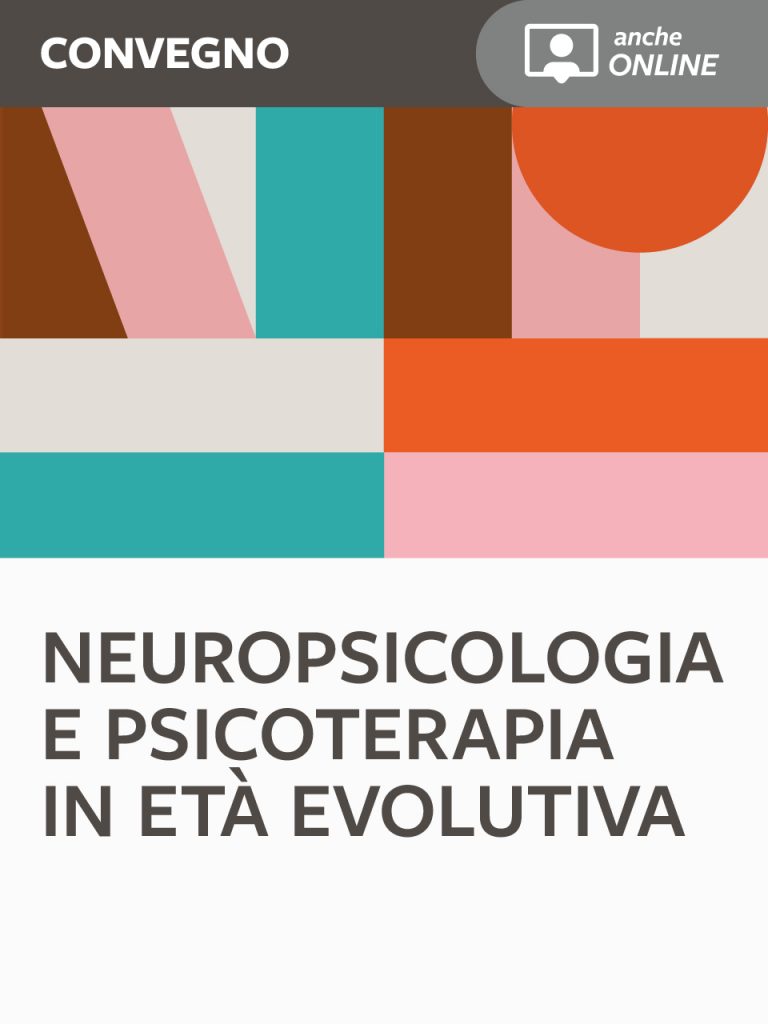A Study on the Change of the Relationship between Mathematics and Metacognition in Different School Levels
Giulia Franconi, Cesare Cornoldi
Metacognition is a fundamental aspect of learning: previous studies that analyzed the relationship between metacognitive and mathematical aspects highlighted the importance that metacognition has for the success in mathematics, however many aspects of such relationship are yet to be explored. The present research was carried out within the project for the standardization of a calculation battery and aimed to evaluate the level of relation that metacognition (with reference to beliefs, attitudes and control processes in the execution of a task) shares with mathematics and whether the naive theory of intelligence correlated with mathematical performance of students from primary and secondary schools. The MeMa questionnaire (Mathematics and Metacognition) student version evaluated metacognitive aspects and the QC1I questionnaire from the AMOS 8-15 considered the theory of intelligence. 188 students from 8 to 13 years were involved in this study. Results showed that in primary school beliefs regarding mathematics and control processes are correlated with the effectiveness of the performance; in secondary school, instead, attitudes have a stronger correlation with performance.
Keywords
Mathematics, Metacognition, Dyscalculia.

